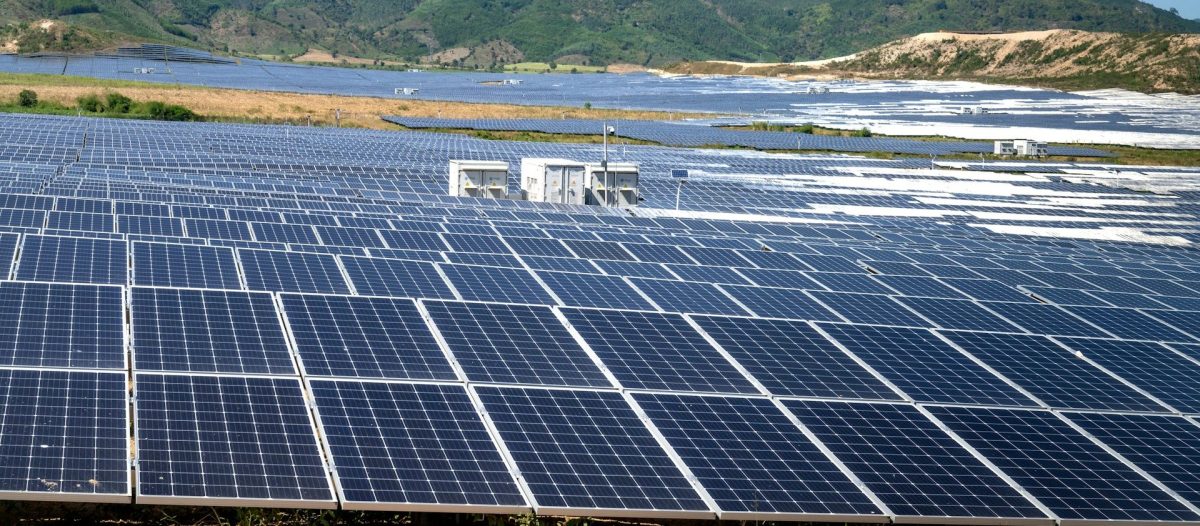In Addis Ababa this week, African leaders are gathering for the Africa Climate Summit with a clear message: the continent is ready to power a green economy revolution, but the world must step up to match Africa’s ambition with finance and technology.
Across the continent, the momentum is unmistakable. In the past year alone, 20 African countries shattered records for solar panel imports, with shipments of photovoltaic equipment from China soaring 60%. From Senegal to Kenya, rooftops and rural fields are gleaming with panels, fueling hopes of a renewable future.
Yet the transformation is only just beginning. Africa holds the world’s richest solar potential, but accounts for barely 4% of global solar generation. To put it in perspective: Belgium has historically had as many panels as the entire continent. That mismatch underscores what African negotiators are driving home this week—ambition without finance is not enough.
“Africa is ready to be part of the global solution,” said Richard Muyungi, Tanzania’s climate envoy. “But we need finance, technology, and capacity-building to seize this opportunity.”
A billion lives waiting for power
The stakes could not be higher. Six hundred million Africans live without electricity. Nearly a billion still rely on firewood or charcoal for cooking—burdens that fall disproportionately on women and girls. Expanding renewable power means more than clean energy; it means clinics that can refrigerate vaccines, farmers who can irrigate their fields, and young people who can study after sunset.
“Renewable energy is not only Africa’s greatest opportunity, it is also an urgent necessity,” said Melaku Yirga, Africa regional director at Mercy Corps. “It enables everything from healthcare to livelihoods.”
The finance gap
Despite the boom, financing remains Africa’s Achilles’ heel. The continent needs at least $70 billion annually for climate adaptation alone, but received just $15 billion in 2023. Without urgent investment, the costs of climate shocks—floods, droughts, and failed harvests—could erase a fifth of Africa’s GDP by 2050.
Former Senegalese president Macky Sall warned that declining development assistance from wealthy nations is jeopardizing progress. “The costs of the climate crisis have fallen most heavily on Africa. We are not the cause—yet we are footing the largest bill,” he said.
Private sector capital is flowing into renewables, but investors rarely fund adaptation projects like water storage, resilient farming, or flood defenses. Long-term, reliable financing is needed to give governments and communities the tools to prepare for worsening climate extremes.
The global scramble for resources
At the same time, Africa’s critical minerals—cobalt, lithium, copper, and rare earths—are drawing global competition. These resources are vital to build solar panels, batteries, and wind turbines. But without stronger governance, mining risks fueling human rights abuses and environmental harm, particularly in places like the Democratic Republic of the Congo.
If managed responsibly, Africa’s mineral wealth could be a cornerstone of a just energy transition. If mismanaged, it risks repeating the extractive injustices of the past.
Why the world should care
Africa contributes just 4% of global emissions, yet bears the brunt of the crisis. And with 60% of its population under 25, the choices made today will ripple far beyond the continent. Failure to secure jobs, clean energy, and climate resilience could drive migration pressures and destabilization that no border can contain.
“African climate solutions are in the world’s best interest,” noted Abay Yimere of Tufts University’s Climate Policy Lab. “If we don’t adapt here, the impact will be uncontrollable globally.”
A turning point
The Africa Climate Summit has become more than a prelude to COP30—it is a test of whether the world will invest in Africa’s readiness. Solar imports and bold commitments signal a continent eager to lead. But without finance and fair partnerships, that light could dim before it shines across all of Africa.
The message from Addis is clear: Africa is not waiting. But for the global green transition to succeed, neither can the rest of the world.







